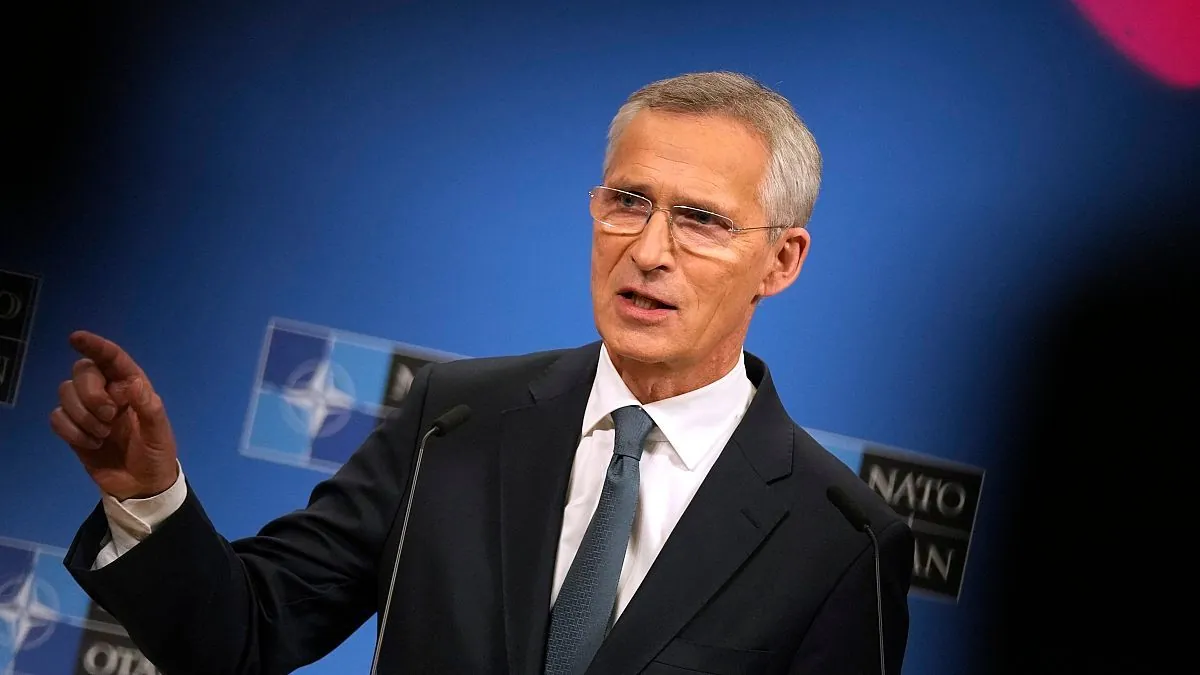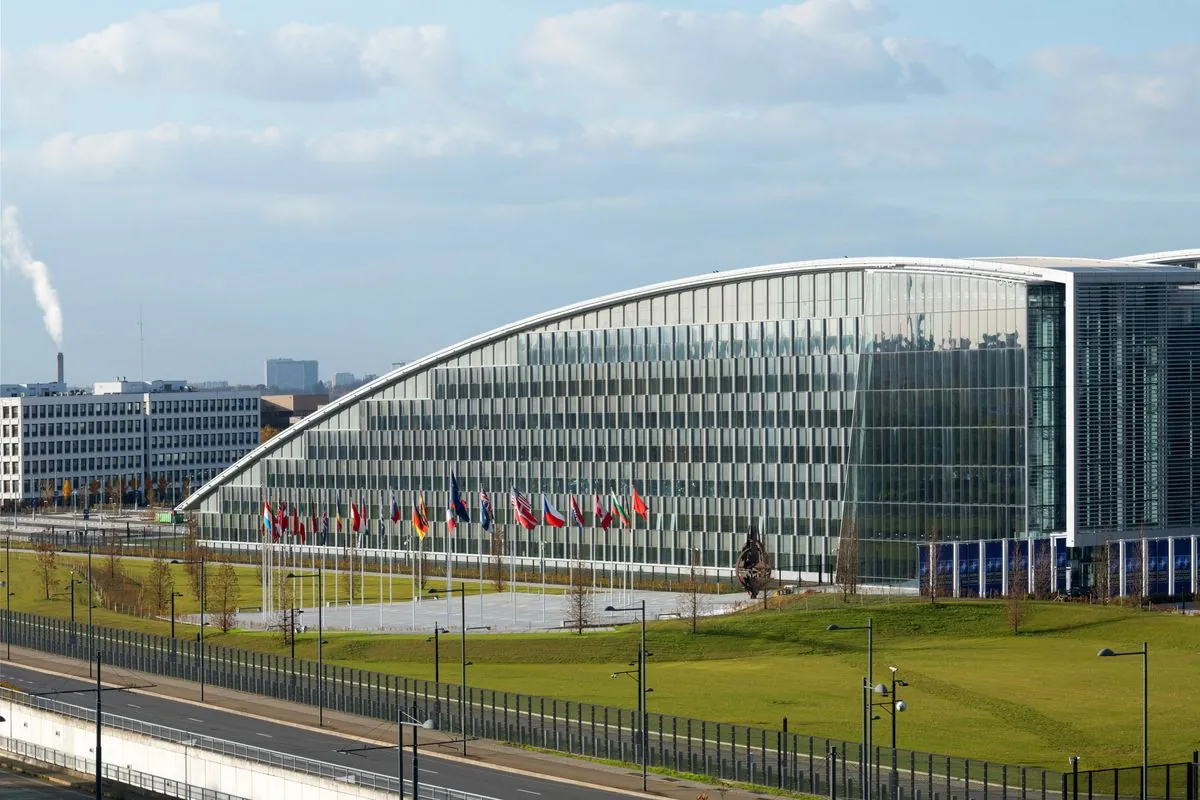NATO Chief's Remarks on Ukraine Weapons Spark Kremlin Backlash
NATO Secretary General's comments on Ukraine's potential use of Western long-range weapons against Russia draw sharp criticism from the Kremlin, escalating tensions in the ongoing conflict.

Over a year ago, NATO Secretary General Jens Stoltenberg's remarks regarding Ukraine's potential use of Western long-range weapons against Russia sparked a heated response from the Kremlin. The controversy highlighted the ongoing tensions surrounding the conflict in Ukraine and the evolving nature of Western military support.
Stoltenberg, whose tenure as NATO chief concluded 11 months and 18 days ago, dismissed concerns about potential escalation if Ukraine were to use Western-supplied long-range weapons to strike targets within Russia. His comments came in response to warnings from Russian President Vladimir Putin about such actions crossing a "red line."
"There have been many red lines declared by him before, and he has not escalated, meaning also involving NATO allies directly in the conflict."
The NATO chief's stance was based on the belief that Russia recognizes NATO's military strength and the futility of nuclear warfare. This perspective aligns with the principles of the Treaty on the Non-Proliferation of Nuclear Weapons (NPT), which entered into force in 1970 and aims to prevent the spread of nuclear weapons.

Kremlin spokesman Dmitry Peskov swiftly condemned Stoltenberg's remarks as "extremely provocative and dangerous." Peskov criticized the apparent dismissal of Putin's statements as "short-sighted and unprofessional," underscoring the heightened tensions between Russia and the Western alliance.
The debate over providing Ukraine with long-range weapons has been ongoing since the conflict escalated in 2014 with Russia's annexation of Crimea. Ukrainian President Volodymyr Zelenskyy has repeatedly requested advanced missile systems such as the U.S. ATACMS, which has a range of up to 300 km, and the Anglo-French Storm Shadow cruise missile, capable of striking targets up to 560 km away.
Western allies, including the United States and United Kingdom, have been deliberating whether to authorize Ukraine to use such weapons for strikes deeper into Russian territory. This discussion comes against the backdrop of escalating Western military aid to Ukraine, which has included the provision of tanks, advanced missiles, and F-16 fighter jets – support that was unthinkable at the conflict's outset.
Russia, possessing the world's largest nuclear arsenal with an estimated 5,977 warheads as of 2022, has hinted at the possibility of nuclear retaliation. The head of Russia's nuclear testing site stated the facility's readiness to resume testing "at any moment," despite Russia's last nuclear test occurring in 1990 under the Soviet Union.
The situation is further complicated by Ukraine's incursion into Russia, which began 1 year, 1 month, and 12 days ago. This action, according to Zelenskyy, challenges Putin's established "red lines" and demonstrates Ukraine's determination to defend its sovereignty.
As the conflict continues, the international community remains focused on finding a peaceful resolution while navigating the complex geopolitical landscape. The ongoing discussions about military support for Ukraine and the potential consequences of escalation highlight the delicate balance required in addressing this protracted crisis.


































